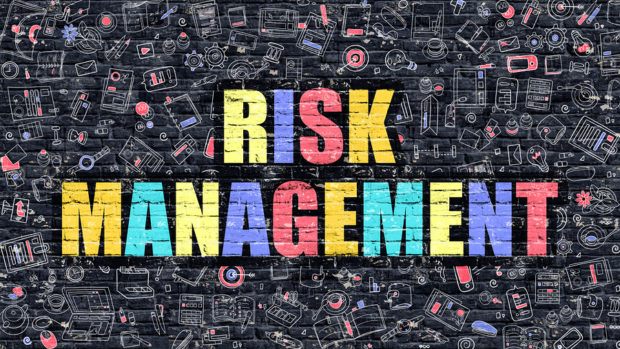The governance of the world economy needs to be overhauled to ensure it can withstand future health and economic shocks, as well as challenges posed by climate change and the rise of China, advisors to the Group of Seven rich nations said.
Supply chains, vaccine distribution, access to critical minerals, cyber threats, digital tax, crypto-assets and climate change required a step change in how the world economy is managed, the advisors said in a report published on Wednesday.
Mark Sedwill, a former head of Britain’s civil service and national security advisor who chaired the G7 Advisory Panel on Economic Resilience, said the G7 should work together more effectively to identify and manage emerging risks or coercion.
On China, the advisors said Beijing was determined to reach market dominance in areas such as artificial intelligence and biotechnology, and had already done so in the refining and production of minerals key to the world’s green transition.
The panel recommended investment in new infrastructure and research, ensuring that trade rules supported the fight against climate change, and a commitment to information-sharing, traceability and standards reform for minerals critical to the green transition.
The report will form part of discussions at a Group of 20 leaders’ summit in Rome later this month and at the COP26 Climate Change Conference in Glasgow in November.





















 AI Got Beat by Traditional Models in Forecasting NYC’s Blizzard
AI Got Beat by Traditional Models in Forecasting NYC’s Blizzard  Beyond Automation: The Emerging Role for Contextual AI in Insurance
Beyond Automation: The Emerging Role for Contextual AI in Insurance  AI Claim Assistant Now Taking Auto Damage Claims Calls at Travelers
AI Claim Assistant Now Taking Auto Damage Claims Calls at Travelers  High Court Ruling on Trump Tariffs to ‘Ease Uncertainty,’ Says AM Best
High Court Ruling on Trump Tariffs to ‘Ease Uncertainty,’ Says AM Best 








